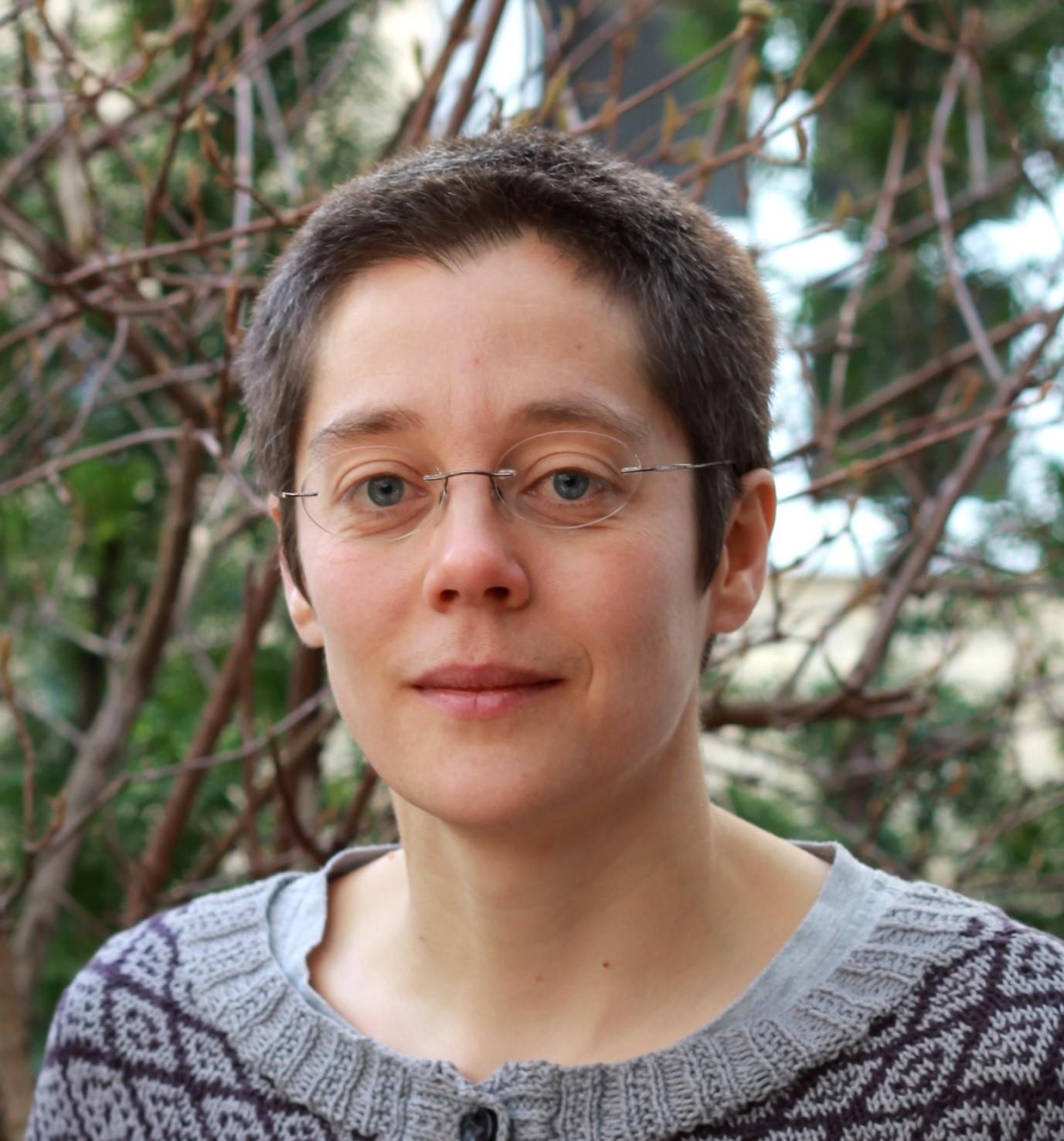
Submitted by K.L. Hlaba on Tue, 25/02/2020 - 14:56
We continue to highlight the important work done by female researchers to help our communities, countries and world become more food secure. Dr Jean Adams, a public health researcher and lecturer, discusses the importance of designing food systems to ensure that everyone has access to affordable and healthy food to combat food insecurity. She also underlines the importance of having supportive female role models in her early years, and of being part of strong professional networks in her current work.
I originally studied medicine, but found that I preferred research to clinical practice, and ended up doing a PhD on social inequalities in health and health behaviours straight after medical school. One of my frustrations with clinical medicine was what felt like the incredibly high proportion of patients that I saw with smoking related illnesses. It felt to me that stopping people from smoking was the most urgent task for doctors. But everyone was too busy treating their patients to worry about prevention. Before leaving medical school, I decided to focus my career on public health research.
Despite those formative experiences, I haven’t done much work on tobacco control! My current research focuses on dietary public health and how we can build societies that make it easier for everyone to eat better. Our group is currently doing work exploring strategies to make healthier food more affordable (e.g. through taxes and subsidies), more available (e.g. by preventing hot food takeaways from opening in local neighbourhoods), and more accessible (e.g. by restricting advertising of less healthy foods) than less healthy food.
We recently found that around a quarter of adults in the UK experience food insecurity, confirming that food insecurity is a local as well as global problem. Food insecurity was associated with eating a poorer diet, having poorer physical and mental health, and a greater likelihood of being overweight. If we can design food systems that ensure the most vulnerable in our society have easy access to affordable, nutritious food, then we are likely to make excellent progress towards reducing the burden of poor diet on death and disease.
I’m really lucky to have had some wonderful female role models in my life. My Mum was a doctor and had very high standards for both myself and my brother. She made me believe that if I worked hard I could do whatever I wanted to do, and showed me in the way she lived her own life that women can be the very best in their fields.
Both my grandmothers were also important influences, pushing me to have high aspirations for myself. Grandmother Hopwood once told me “you’ve got brains – go out and use them; make the world a better place”. Grandmother Adams was so disappointed that I didn’t apply to Cambridge as an undergraduate, and I’m still a little sad I was too stubborn to at least give it a go for her sake – my older brother hadn’t got in and not applying seemed a good way to avoid doing the same. I hope she’d be proud that I made it here in the end!
When I first started at medical school, I laughed when my Mum asked whether medical training was still sexist – “of course not Mum, it’s the 20th century now!” Certainly I’ve not experienced much of the explicit prejudice that she must have done as a young doctor in the 1960s. But as my career has progressed I’ve noticed more implicit sexism – when after dismissing all the other possible reasons why I’m being treated the way I am, the only explanation left is simply that I’m a woman. The sisterhood is strong in public health research and I’m really lucky to be part of an international community of incredible women who pick me back up on the bad days, and celebrate with me on the good days. I also increasingly value the solidarity of the supportive men I work with, and am grateful to my Dad for the time he very quietly mentioned to me that men can be feminists too.
The best science arises from looking at a problem from multiple different perspectives. Embracing the diversity in our community provides a ready made way to do this and produce the best research we can.
Please find Jean's profile on our website.
Photo credit: Oliver Frances.

